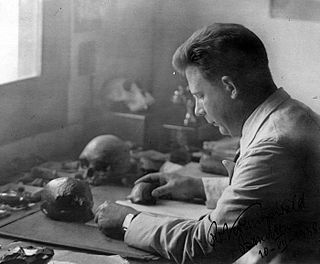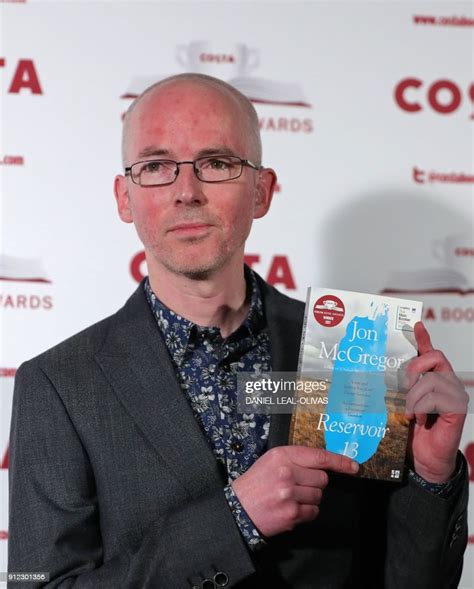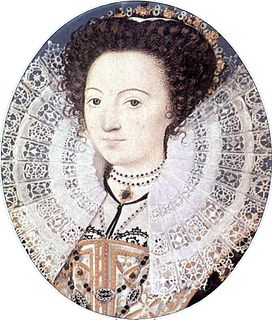A Quote by Patrick Ness
War makes monsters of men, you once said to me Todd. Well, so does too much knowledge. Too much knowledge of your fellow man, too much knowledge of his weakness, his pathetic greed and vanity, and how laughably easy it is to control him.
Related Quotes
A scholar's business is to add to what is known. That is all. But it is capable of giving the very greatest satisfaction, because knowledge is good. It does not have to look good or even sound good or even do good. It is good just by being knowledge. And the only thing that makes it knowledge is that it is true. You can't have too much of it and there is no little too little to be worth having. There is truth and falsehood in a comma.
I think you too recognize the important relationship between philosophy and art, and it is just this relationship that most painters deny. The great masters do grasp it, unconsciously; but I believe that a painter's conscious spiritual knowledge will have a much greater influence upon his art, and that it would be due only to a weakness in him, or lack of genius, should this spiritual knowledge be harmful to his art.
Cry, the beloved country, for the unborn child that's the inheritor of our fear. Let him not love the earth too deeply. Let him not laugh too gladly when the water runs through his fingers, nor stand too silent when the setting sun makes red the veld with fire. Let him not be too moved when the birds of his land are singing. Nor give too much of his heart to a mountain or a valley. For fear will rob him if he gives too much.
In the popular arena, one can tell ... that the average man ... imagines that an industrious acquisition of particulars will render him a man of knowledge. With what pathetic trust does he recite his facts! He has been told that knowledge is power, and knowledge consists of a great many small things.
Someone asked me...how it felt and I was reminded of a story that a fellow townsman of ours used to tell--Abraham Lincoln. They asked him how he felt once after an unsuccessful election. He said he felt like a little boy who had stubbed his toe in the dark. He said that he was too old to cry, but it hurt too much to laugh.
Man did not address his inquiries to the earth on which he stood until a remarkably late stage in the development of his desire for knowledge. And the answers he received to the questions, "Where do I come from?", "What is man?", although they made him poorer by a few illusions, gave him in compensation a knowledge of his past that is vaster than he could ever have dreamed. For it emerged that the history of life was his history too.
Not Eve, whose fault was only too much love, Which made her give this present to her dear, That what she tasted he likewise might prove, Whereby his knowledge might become more clear; He never sought her weakness to reprove With those sharp words which he of God did hear; Yet men will boast of knowledge, which he took From Eve's fair hand, as from a learned book.
People who know little are usually great talkers, while men who know much say little. It is plain that an ignorant person thinks everything he does know important, and he tells it to everybody. But a well-educated man is not so ready to display his learning; he would have too much to say, and he sees that there is much more to be said, so he holds his peace.
But it is the knowledge of how contingent my unease is, how dependent on a baby that wails beneath my window one day and does not wail the next, that brings the worst shame to me, the greatest indifference to annihilation. I know somewhat too much; and from this knowledge, once one has been infected, there seems to be no recovering. I ought never to have taken my lantern to see what was going on in the hut by the granary. On the other hand, there was no way, once I had picked up the lantern, for me to put it down again. The knot loops in upon itself; I cannot find the end.
So the problem in the West is that, especially in places like the USA, a person will obtain this much knowledge and immediately think that they have a large amount of knowledge. And then start to act on the basis of what they think, they posses. Instead of having this much knowledge and realizing that in fact this is only this much knowledge and the amount of where you can go there is where you came is much bigger than where you've already gotten.
Very great personages are not likely to form very just estimates either of others or of themselves; their knowledge of themselves is obscured by the flattery of others; their knowledge of others is equally clouded by circumstances peculiar to themselves. For in the presence of the great, the modest are sure to suffer from too much diffidence, and the confident from too much display.



































